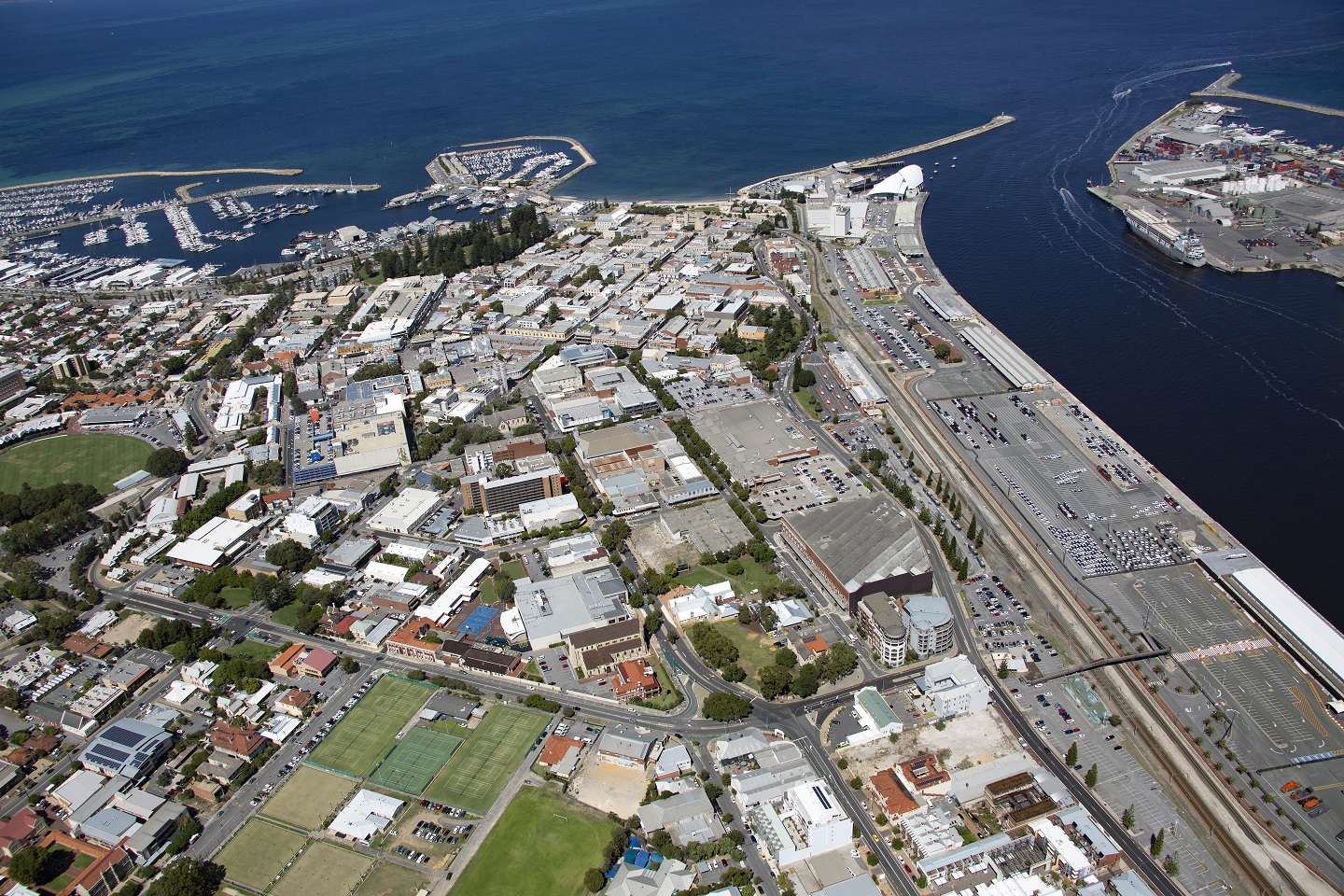Andrew Forrest has invested $15 million on Fremantle property assets in the past 15 months, as the biggest regenerative project in local history nears completion


Andrew Forrest has invested $15 million on Fremantle property assets in the past 15 months, as the biggest regenerative project in local history nears completion.
One of the state’s wealthiest individuals has identified potential for a return on investment in Fremantle, as a new wave of residential and commercial development begins to emerge on the back of the $270 million rejuvenation of Kings Square.
Since March last year, Fortescue Metals Group chairman Andrew Forrest has invested about $15 million on Fremantle properties, the biggest deal being the $7.6 million acquisition of the old Spicer’s Paper site, which has a contemporary use as the primary car park for the Fremantle Markets.
That deal followed the August 2018 purchase of Bar Orient for $4.6 million, and added to the acquisition of 45 Phillimore Street, which Mr Forrest bought for $2.7 million in March.
The investments come as construction activity nears a finish at Sirona Capital’s $270 million Kings Square rejuvenation, with building work around 85 per cent complete.
While not willing to speak on Mr Forrest’s behalf, Sirona Capital managing director Matthew McNeilly said he suspected the iron ore magnate saw a similar value proposition in the port city as he did when Sirona first invested in Fremantle around a decade ago.
“Fremantle is unique, it’s authentic, you can’t replicate it and it’s unique even in an Australian context … it is going to be a place where people are going to want to visit, live, work and play,” Mr McNeilly told Business News.
“The whole raison d’être, for the want of a better term, for Kings Square was for it to act as a transformational project and as a catalyst for further investment and development, so it’s a true urban renewal project.
“Certainly what I’m seeing currently is we have generated an extraordinary amount of interest from retailers and other occupiers in the market down there.”
Mr McNeilly said the redevelopment of the old Myer building into a modern commercial office to accommodate the Department of Communities had also sparked interest from other corporates willing to make Fremantle their home base.
“There are two reasons for that,” he said. “The City of Fremantle is positioning itself as a secondary office market, as an alternative to the Perth CBD, and then when you look to what lies to the south of Fremantle, which is the Western Trade Coast.
“It probably makes a great deal of sense to those corporate occupiers along the coast from Rockingham-Kwinana up to Henderson.
“Fremantle probably makes a lot of sense for them and that’s where I’m seeing the interest being generated.”
Other developers advancing Fremantle plans include SKS Group, which is understood to have prepared a new development plan for its DoubleTree by Hilton proposal on Point Street, and Silverleaf Investments, which has plans to redevelop its Woolstores Shopping Centre.
Australian Development Capital has plans to build a 22-apartment boutique development at 7 Henry Street, which will have an end value of $13 million, while a $5 million hospitality precinct is being constructed at the Old Synagogue on Parry Street.
Fremantle-based Yolk Property Group has also stepped up its commitment to the city, with seven projects in planning, under construction, or being sold in Fremantle or the surrounding area.
At 52 Adelaide Street, Yolk is advancing plans to revamp the dilapidated and neglected Westgate Mall to become Little Lane, a 70-apartment project that will include six commercial tenancies on the ground floor.
Yolk is also advancing plans to build Western Australia’s first multi-storey commercial office building out of timber, on the corner of Josephson and High streets.
The $13.5 million project was approved late last year.
“Putting it in Fremantle, I think it feels right, it has that alternative feel to it. It’s been a bit of a journey, it was one of those ones where people have looked at timber as an alternative construction methodology for a while,” Yolk director Pete Adams said.
“It’s a little bit more expensive but we think it’s worth it in order to attract a good tenant. When you are in a reasonably tricky commercial market you have got to offer something a little bit different to attract people.
“Even from a long-term asset point of view it’s worth it; you’re future proofing the building and I think we’ll see a lot more buildings like this, and hopefully we are the ones leading the way in WA.”
















